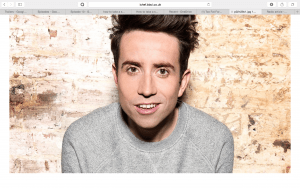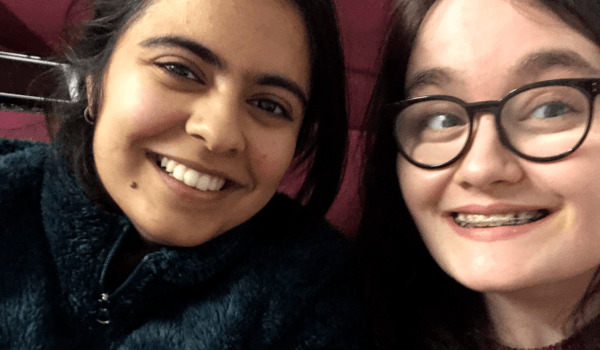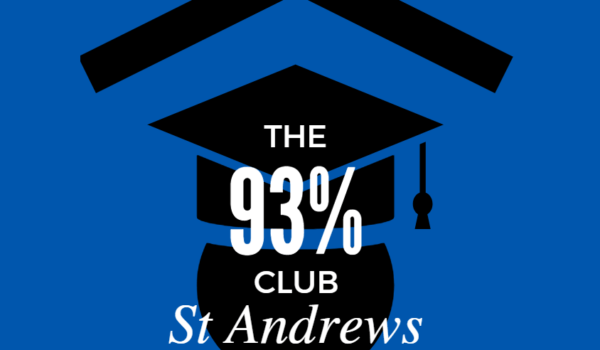
Ever since the invention of television almost 100 years ago, we’ve been told time and time again that the death of radio is imminent. Despite this constant threat, I still seem to be here today waking up to shrieks from Nick Grimshaw and falling asleep to Kirsty Young’s soft Scottish tones. In an age where I can get my news from Facebook, my music from Spotify, and my conversation from my favourite podcasts, why do I continue to tune in to the BBC while I drive home from my summer internship?
In the digital era, where Netflix is eating away at scheduled television, and nobody seems to sit down at 6 o’clock to watch the news anymore, it would be easy to write radio off as having reached its expiration date: surely in a few year’s time, AM/FM will be in the same history books as cassette tapes. However, only this month, statistics were published saying that 89% of Brits tune in to the radio at least once a week. Maybe we shouldn’t be publishing the obituary just yet.
So, why do people continue to tune in, when they could easily be getting content more personalised to them from elsewhere?
-
- IT’S LIVE: People like to be in the moment. Radio offers live features- news, sports, music, interviews etc. It seems obvious that there’s no point listening to a football match that happened yesterday, or hearing news from last week, but surprisingly, it’s the segments that could have been done anytime that seem to be the most important. Working at a radio station this summer really hammered home the importance of live segments: whenever arranging an interview, making it live was always the first port of call. It’s far easier to pre-record a segment, with exactly the same content, and perhaps even better sound quality. So why are humans so set on listening to something live? The feeling that you’re in the moment with the presenter and the guest, listening to something that is happening at that very moment in time, is a feeling that is irreplaceable by a podcast that’s been recorded a week ago.
- IT’S INTERACTIVE: Radio keeps the conversation going. We’ve seen from social media that people can’t get enough of interaction, and continuing on from the live element, having the presenter there in the moment means that people can phone, text, tweet, or message in with opinions, answers to competitions, or interviews. You can’t interact in the same way on other digital platforms, especially pre-recorded features like most television and podcasts.
- IT’S TRUSTWORTHY: In today’s era of “fake news”, brand perception is more important than ever. Many people are staying away from social media and online news, and relying more and more on not only traditional outlets such as radio, but the outputters themselves, making BBC Radio News all the more popular. If you’re listening to Newsbeat, you have a guarantee that what you’re being told has been written, edited, and thoroughly fact checked before coming to your ears, unlike much of the news bombarding us, particularly from certain presidential twitter accounts…
- IT CAN BE LOCAL: Of course people always want to hear what’s going on nationally and around the world, but some love to hear particularly about what’s happening close by. Local radio continues to thrive around the UK, as people appreciate the personal touch: they know exactly what or where the presenter is discussing, and feel, once again, like they’re part of the conversation. It’s difficult to find this local niche in the commercial digital world.
- IT’S A COMPANION: As I previously said, you can get your news, sport, conversation or music from other sources. However, none of these sources put all of these things together. Every radio station that you tune into has carefully curated their schedule for their audience: you can find things that you already like but also discover new things that you didn’t know about. When I listen to Spotify I go automatically to my favourite artists. When I find a podcast I immediately go to ones themed to my particular interests. When looking for news online or in the paper I turn to the headlines that grab my eye without glancing at the others. Although I know that all of these will be interesting and entertaining to me, it’s impossible for me to discover anything new through this technique. When I’m listening to the radio, I may have to sit through the shipping forecasts without an idea as to what’s going on, but I may also discover a new band or hear a new topic that I’m fascinated by.
So radio has many advantages to speak of, but that’s not to say that it shouldn’t be adapting to the modern age. Making sure it’s optimised for the digital audience through apps and social media is paramount, but radio stations know this already. What they truly need to build on is what makes them so special- interaction with the audience and inclusion in live segments needs to be prioritised, and curation for their audience is more important than ever.
If video didn’t kill the radio star, no one else has a chance.








Mimes On 30/08/2018 at 07:45
Great article. I completely agree. I love the radio so much so that if it is allowed by Kirsty Young it would be my desert island luxury.
Ellie Davis On 12/08/2019 at 20:28
I liked that you mentioned every radio station has its own schedule for their audience. My father was a truck driver, and I grew up traveling and listening to the radio with him. I have a deep love for the radio and I hope to still enjoy it for many years.